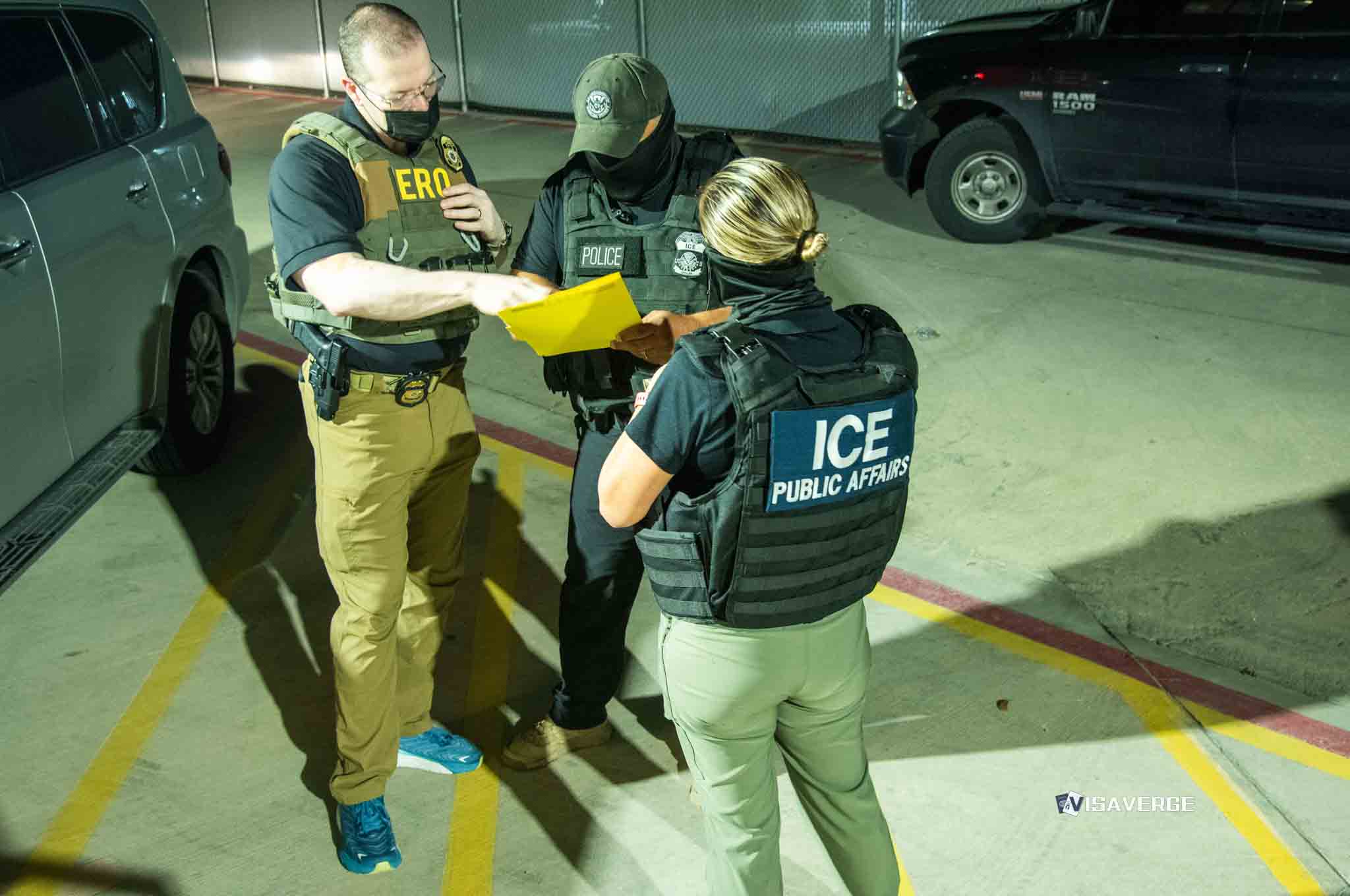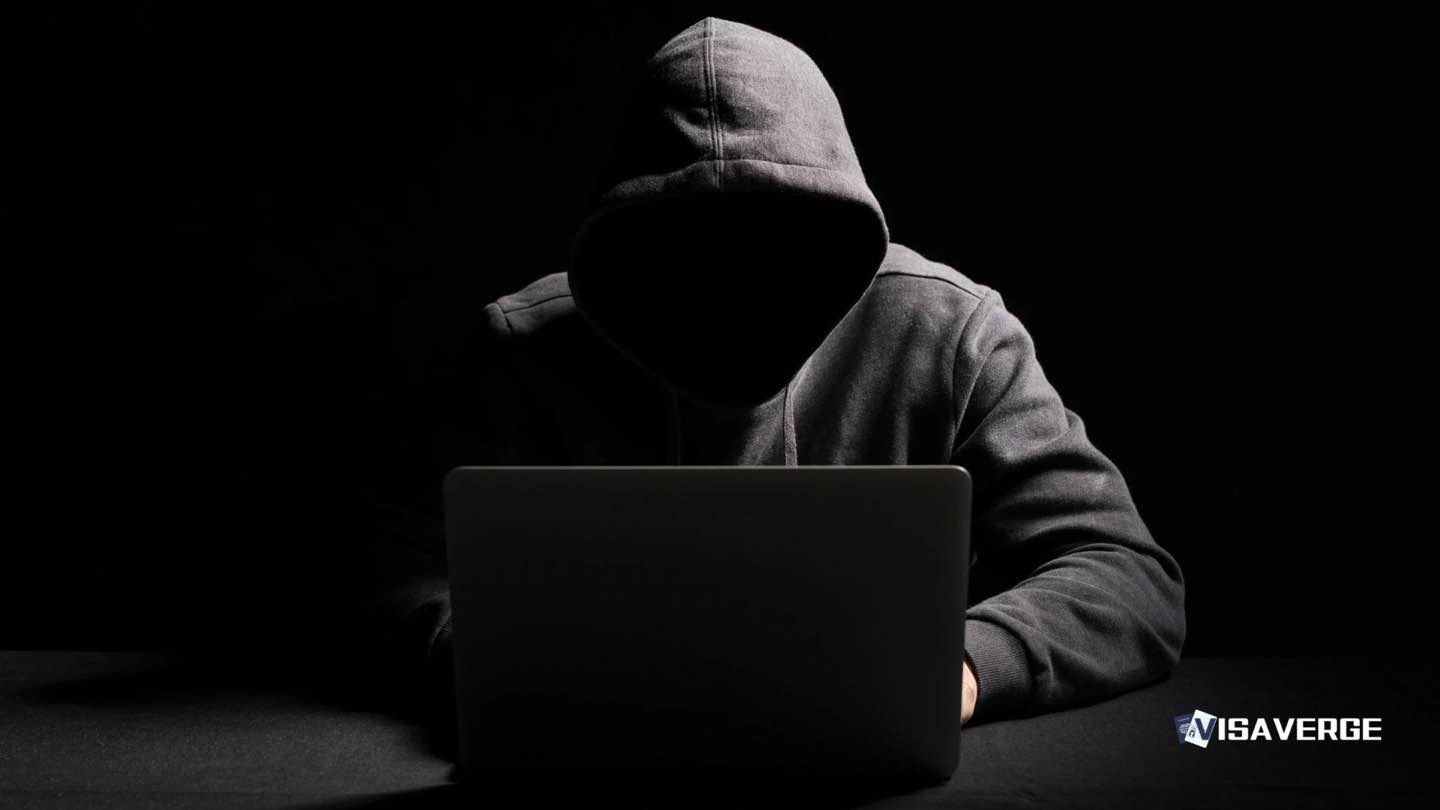(New York City) Mayor Eric Adams on Aug. 1, 2025 vetoed Introduction 47‑B, a New York City Council bill that would have decriminalized illegal street vending and shifted penalties to civil fines, setting up a high‑stakes clash over immigration and small business policy. The move keeps criminal misdemeanor charges on the books for unlicensed vending, a key worry for immigrant street vendors who make up about 96% of the city’s vendor workforce and can face deportation risks when criminal records enter their immigration files.
The Council passed Introduction 47‑B with a strong majority — 40 votes in favor, 8 against, and 3 abstentions — after months of negotiations and input from the City’s Street Vendor Advisory Board, which includes business, immigrant‑rights, real estate, and vendor leaders.

Supporters said the bill would remove criminal penalties and replace them with civil violations and fines, reduce barriers to jobs and housing that come with misdemeanor records, and expand access to vending licenses to curb the black market for permits. They argue the status quo traps immigrant workers in legal limbo, where even minor arrests can make a future green card or relief application harder in the United States 🇺🇸.
Mayor Eric Adams rejected that approach, calling it unfair to brick‑and‑mortar businesses and a risk to public health and safety. He said he supports strong enforcement through civil tools — violations, fines, and other penalties — but opposes ending misdemeanor charges, arguing criminal penalties help keep order on crowded sidewalks and protect shoppers and shopkeepers. His administration has emphasized that rules must apply evenly, and that the city needs clear authority to address repeat, unsafe, or obstructive vending.
Advocates and several Council members say the veto undermines recommendations from the Street Vendor Advisory Board and contradicts City Hall’s earlier posture to reform the system. They point to data showing enforcement has fallen hardest on Black and Latino vendors, who received nearly 80% of criminal vending tickets in 2023 despite being about 50% of the city’s population. Critics also argue the veto mirrors a tougher national enforcement tone associated with President Trump’s years, when immigration crackdowns grew and deportation fears spread across mixed‑status communities.
Policy dispute and safety arguments
Backers of Introduction 47‑B say the bill would not weaken order. Instead, they argue it would modernize rules to reflect the reality of who vends today and why. The plan sought to:
- Remove misdemeanor charges for unlicensed vending and convert penalties to civil fines.
- Expand licensing and treat vending as small business activity, with clearer health and safety standards.
- Reduce the underground permit market caused by a long‑standing cap on licenses.
The Council’s message is that criminal records do not make sidewalks safer, but they do make immigrant families more vulnerable. Council spokesperson Julia Agos said the legislation came from broad, careful input and aimed to balance enforcement with fair treatment of workers who rely on vending to pay rent and feed their families.
Mayor Adams has insisted that removing criminal charges goes too far. His office frames the veto as standing up for law‑abiding shop owners and residents who complain about sidewalk blockages, trash, and unregulated food handling. City Hall says it wants cleaner streets, safe vending, and predictable enforcement — and believes criminal penalties are a necessary backstop for the worst cases.
This position has fueled a sharp political divide:
- Reformers: Fines are adequate and smarter, reduce harm to immigrant families, and encourage formalization.
- Administration: Criminal penalties deter misconduct and protect businesses and public safety when civil tools fail.
Immigration stakes and enforcement trends
For immigrant vendors, the legal label on a ticket matters. Even minor arrests, civil summonses, or misdemeanor pleas can complicate future immigration applications, invite extra scrutiny, or strengthen a case for removal. Advocates say the current rules feed fear, keep people in the shadows, and raise the odds of family separation if a routine encounter escalates into a criminal matter.
According to analysis by VisaVerge.com, criminal records — even for low‑level offenses — can weigh against applicants across employment, family, and humanitarian pathways.
Enforcement has increased under the current administration. In 2023, NYPD issued over 1,200 criminal vending tickets, nearly triple the year before, according to community and council sources. The surge has left many vendors avoiding busy corners, working shorter hours, or paying steep sums on the black market for hard‑to‑get permits.
Advocates say the cap on licenses forces new workers to choose between giving up income or operating without a license and risking arrests that can upend their immigration goals.
Community leaders describe a daily tradeoff for undocumented and mixed‑status families. Vending can mean steady cash, flexible hours, and a path to save for rent and school supplies. But it also brings exposure to tickets, confiscations, and arrests.
Carina Kaufman‑Gutierrez, deputy director of the Street Vendor Project, criticized the veto as at odds with the city’s prior reform efforts and harmful to immigrant communities who already face steep odds in a complex system.
Supporters of the bill argue that formalizing vending would improve public health compliance and transparency: licensed operators can be trained on food safety, trash rules, and sidewalk clearance, and can be inspected without fear of criminal consequences.
Key takeaway: the difference between a civil fine and a criminal misdemeanor can be the difference between continuing to work and facing immigration consequences that affect an entire family.
What vendors face now and what would change
Without decriminalization, unlicensed vendors remain at risk of:
- Misdemeanor charges that can lead to arrest records and immigration troubles.
- Jail time in rare cases, depending on the charge and history.
- Equipment seizures and fines that erase thin profit margins.
Backers of Introduction 47‑B said the bill would have:
- Shifted penalties to civil violations and fines rather than misdemeanors.
- Expanded access to licenses, reducing the black market and bringing vendors into the formal economy.
- Treated vending as small business activity, with training and rules to improve safety and sidewalk flow.
Potential impacts:
- For families: steadier income, fewer court dates, and a lower chance that a routine ticket snowballs into a removal case.
- For city agencies: clearer oversight through licensing, instead of chasing an unlicensed market that grows as new migrants settle and seek work.
Next steps at City Hall
The City Council is weighing an override. With 40 votes already on record in favor, members say they have the numbers to reverse the Mayor’s decision and enact the bill into law. Talks continue on timing and any possible tweaks.
- Business groups and some neighborhood associations support stricter rules.
- Vendor groups and immigrant advocates plan more rallies and outreach.
The political terrain is tense. The veto echoes a broader debate spanning federal administrations over how local rules can feed into deportation pipelines. While federal immigration enforcement is separate from city policy, local misdemeanor charges can be the first domino to fall. Reformers say ending criminal penalties for vending would cut one clear path from sidewalk to courtroom to immigration court.
For readers seeking official licensing rules and requirements, the NYC Department of Consumer and Worker Protection provides details on street vending permits, inspections, and compliance at: https: //www.nyc.gov/site/dcwp/businesses/Street-Vendor-License.page. City officials say that process remains the proper path for those who want to vend legally, even as advocates press for more permits and faster timelines.
As the Council considers its override, immigrant vendors wait for clarity. For many, vending is not a choice but a lifeline. The outcome of Introduction 47‑B will decide whether that lifeline is treated as a civil code issue with fines and training, or a criminal matter with records that can shadow a person’s future in this city — and in this country.
This Article in a Nutshell
Mayor Adams vetoed Introduction 47-B, preserving misdemeanor charges for unlicensed street vending. Immigrant vendors, about 96% of the workforce, face deportation risks from criminal records. Supporters sought civil fines, expanded licenses, and formalization; Council may override. The decision deepens political divide over public safety, small businesses, and immigration consequences in New York.













